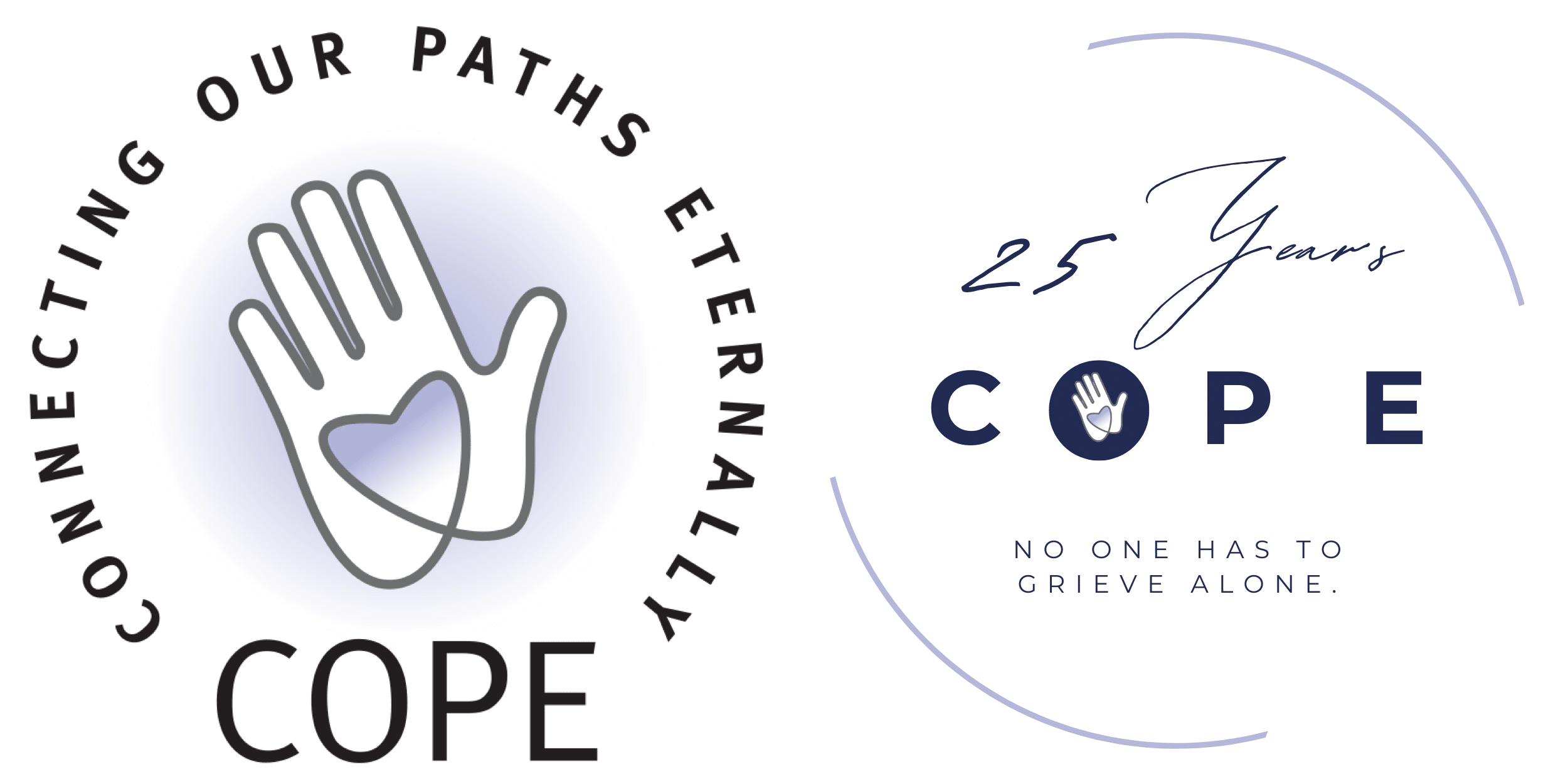I think Rob Delaney has been a sensitive, thoughtful, and influential figure relating to grief and loss since he lost his son a few years ago. I haven’t gotten myself to fully read his new book, but I’ve read and watched multiple interviews and articles about him and the book. There’s some genuine wisdom and frankness in his words.
“A heart that hurts is a heart that works” (a derivation of his book title)
From his book: “That is one thing grief does to me. It makes me want to make you understand.”
From an NPR interview: “I would just say other people can help you, and your salvation will come through the embraces and charity and kindness of other people. There remains beauty and love and light in this world. Even though you’ve been through something that will leave you changed forever, there are still smiles out there for you to have and laughter and joy. And other people who’ve been through what you’ve been through can help you with that.”
From his book: “That doesn’t mean you’re doomed to unhappiness. You don’t have to be afraid even though you will forever miss this person, you will forever ache for them. The grief will weave into your life and will be a part of your tapestry. It’ll leave and it’ll come back, but the sooner we get hip to that the sooner we’ll be able to be happy, in snatches, here and there. And that’s OK. That’s life.”
From a USA Today interview: “I know I’ve benefited from my bereaved parents’ groups that I go to,” he says. “So, if I am honest about my experience with somebody whose kid died three weeks ago or six months ago, that’s going to help them.”
From a NY Times article and interview: “It’s a sort of mantra that I developed early in the acute grief process. I would tell myself, ‘It’s OK, you’ll be sad forever.’ I found that very freeing because then it was like, oh, I don’t have to do this all right now? I don’t have to march through this expecting and desiring an end? I can put it down for a minute and come pick it up again. I can relax.”
From a Guardian article: “Now he describes grief as being ‘weaved into our lives’. He uses the metaphor of a rainbow: colour remains, but now there is an extra band, of black. ‘We have a new capacity for something painful,’ he says. ‘We have a new vocabulary.’”
From his book: “Life involves a lot of suffering – as elucidated by the Buddha. Better to acknowledge it. Let it in, let it hurt, so you can work through it. Because to say, ‘I don’t want that. I’m not going to let that happen. I’m going to lead a life where I keep pain and suffering at bay…’ Well, then you’re in trouble…One thing I would say with confidence is that we don’t do grief, grief does us. It’s going to come through you if someone you love desperately dies, and it’s not up to you when it strikes. But if you understand that a storm is coming, and you feel it beginning inside of you, it’s a real waste of time to fight it. Let the weather pattern emerge. Cry if you need to.”

